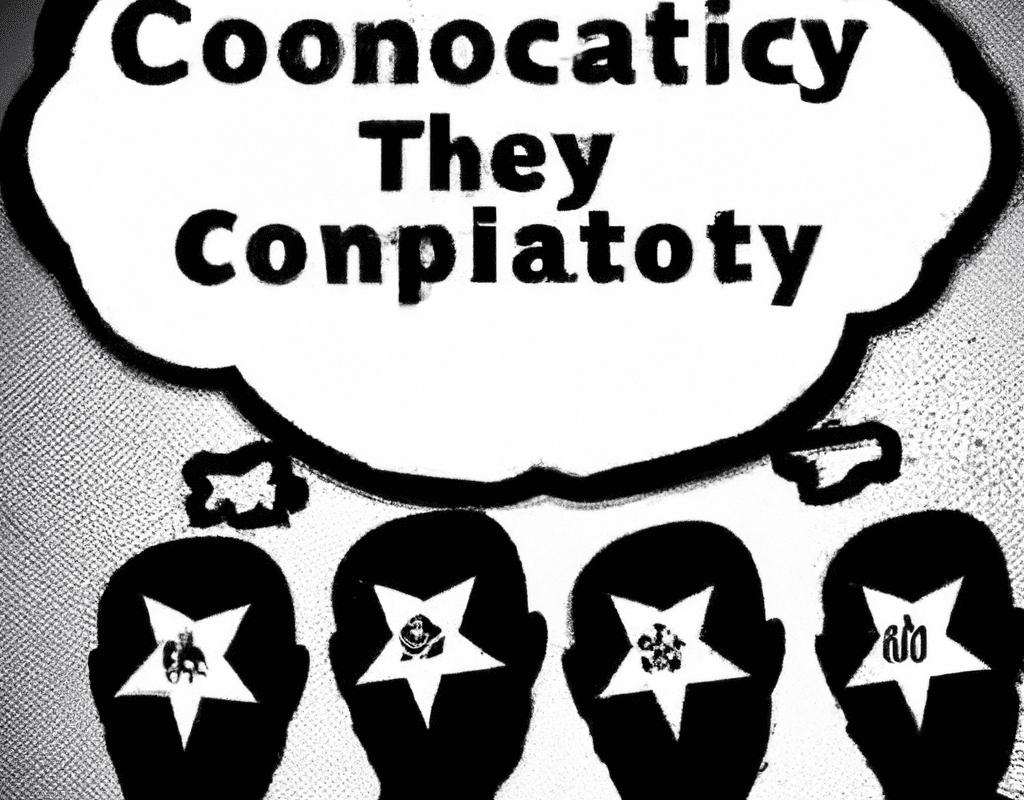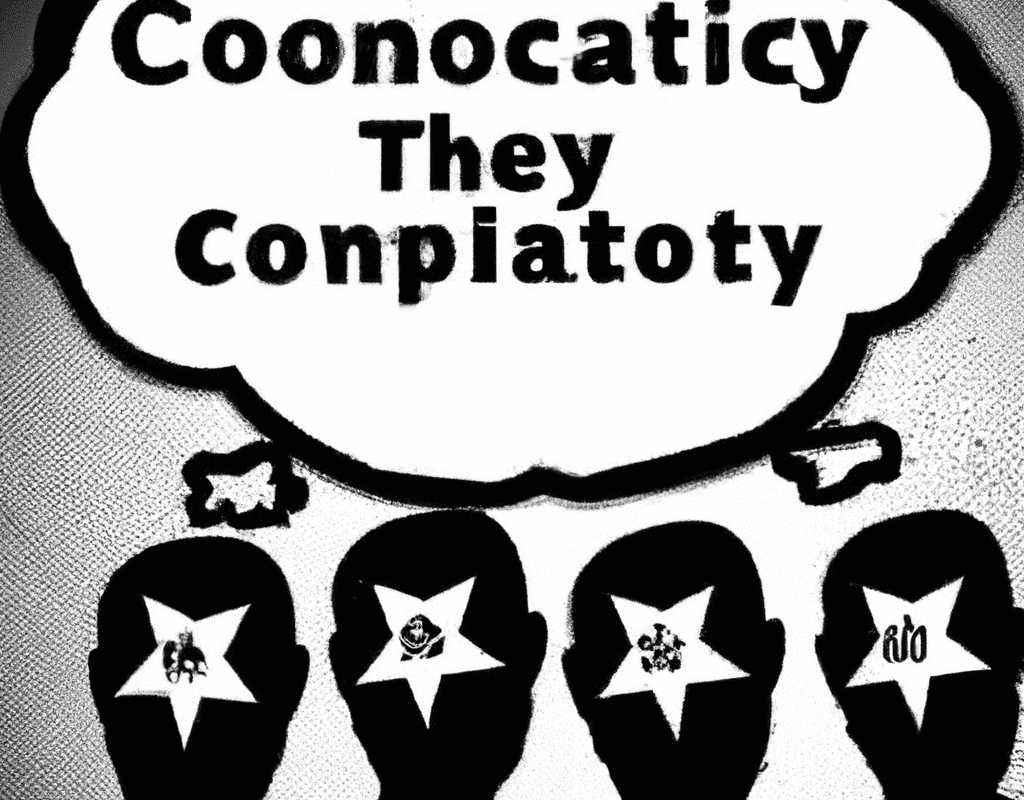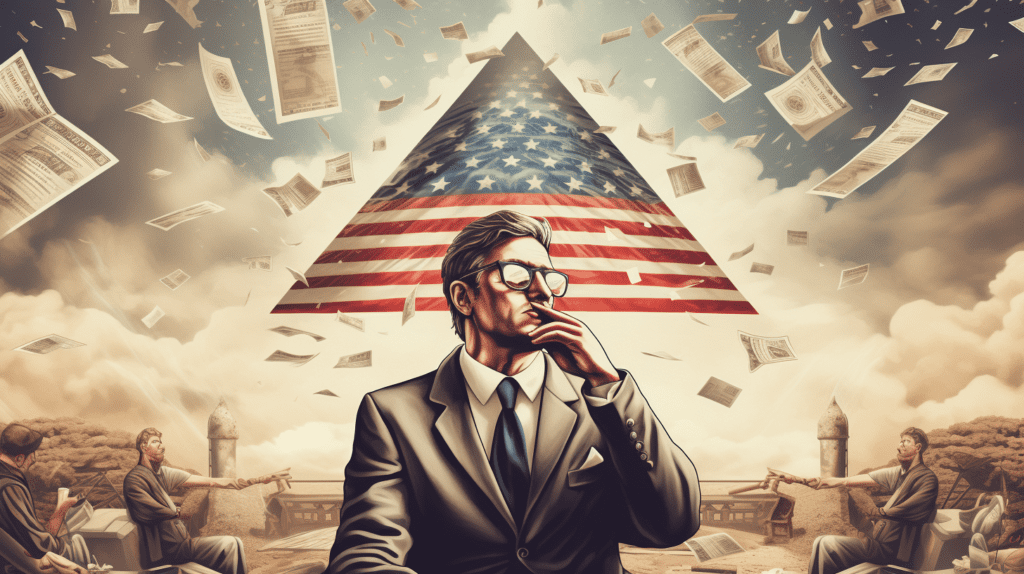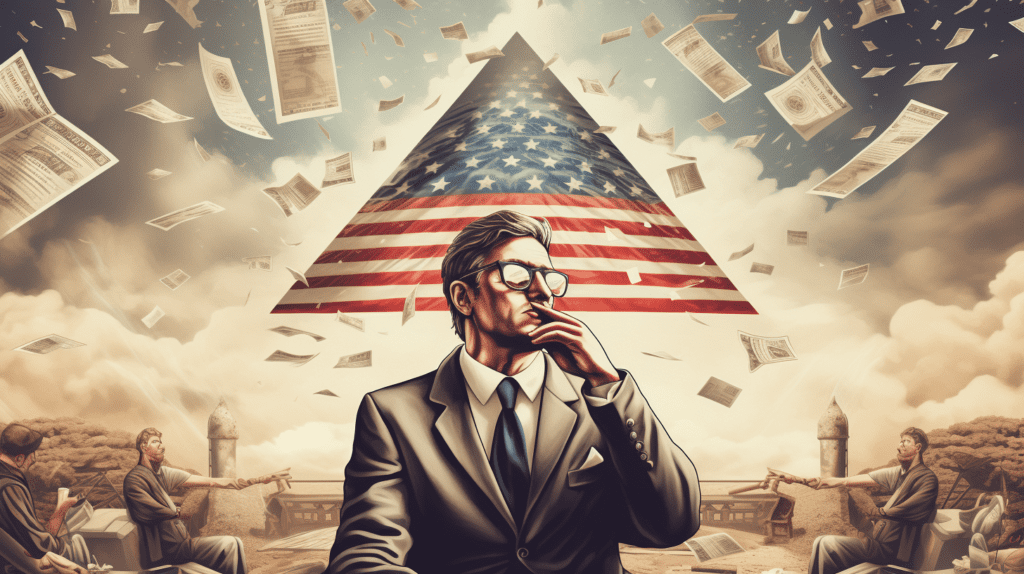Psychological projection is a defense mechanism that occurs when an individual unconsciously attributes their own feelings, thoughts, or attributes to another person. Projection is a way for people to cope with and protect themselves from unwanted or uncomfortable emotions such as guilt, anger, or anxiety. In essence, psychological projection involves transferring one’s own emotions, thoughts, or motives onto someone else, as a means to avoid confronting or dealing with them directly.
Sigmund Freud, the founder of psychoanalysis, initially conceptualized projection as a defense mechanism. According to Freud, the mind has various ways to protect itself from psychological distress or anxiety, and projection is one of many methods. While Freud’s work laid the foundation for understanding projection, our understanding of the concept has evolved over time, with many modern psychologists examining its cognitive, social, and emotional aspects.
Several factors contribute to the likelihood of an individual engaging in psychological projection. These factors include personality traits, social and cultural influences, and situational factors. People who are more prone to projection often have a higher level of neuroticism or difficulty regulating their emotions. Social and cultural factors can also play a role, as people may be more likely to project certain emotions or traits onto others depending on societal norms and expectations. Situational factors, such as stress or emotional conflict, can further exacerbate the tendency to project.
Types of projection
There are various types of psychological projection, including:
- Complementary projection: This occurs when an individual projects their own feelings or thoughts onto someone who has a complementary role in their life, such as a partner or coworker. This type of projection can often be seen in relationships, where one person may accuse their partner of being unfaithful when, in fact, they are the ones who are struggling with feelings of infidelity.
- Complimentary projection: In this form of projection, an individual attributes positive qualities or traits that they themselves possess onto someone else. This may be done to reinforce a positive self-image or to maintain a sense of self-worth.
- Projective identification: This is a more complex form of projection in which an individual not only attributes their own emotions, thoughts, or motives onto another person but also manipulates the other person into actually exhibiting those characteristics. This can be seen in interpersonal relationships where one person tries to control or manipulate the other to confirm their own beliefs or fears.
- Collective projection: This occurs when a group of individuals projects their shared feelings, thoughts, or motives onto another group, often as a means of maintaining group cohesion or protecting the group’s image. This type of projection can be seen in situations of intergroup conflict, where one group might blame another for problems that actually stem from within their own group.
Negative consequences of projection
Psychological projection can have several negative consequences, both for the individual engaging in projection and for those on the receiving end. For the projector, it can prevent them from taking responsibility for their actions, feelings, or thoughts, thereby hindering their personal growth and emotional development. It can also distort their perception of reality, leading to poor decision-making and strained relationships.
For those on the receiving end, psychological projection can be confusing, hurtful, and damaging. It can lead to misunderstandings, conflicts, and emotional distress. Additionally, being subjected to projection can cause individuals to question their own reality and self-worth, potentially leading to feelings of self-doubt or depression.
Projection in politics
Politicians and their supporters often engage in projection as a way to deflect criticism, discredit opponents, and maintain a positive image of themselves or their party. Projection in politics can manifest in various ways, including the following:
- Accusing opponents of misconduct: Politicians may accuse their opponents of engaging in unethical or illegal activities that they themselves are involved in, as a way to deflect attention from their own actions and create doubt about the opposition (classic example: when then-Speaker of the House Newt Gingrich waged a campaign against then-President Bill Clinton for having an affair, while he himself was having an affair with a Congressional aide on his staff).
- Misattributing motives: Politicians might project their own motives or goals onto their opponents, suggesting that the other side is pursuing an agenda driven by selfish or malicious intent. This can be a way to delegitimize the opposition’s policy proposals or campaign messaging.
- Stereotyping and scapegoating: Projection can also be seen in the form of stereotyping and scapegoating minority groups or other marginalized communities. Politicians may project their own insecurities, fears, bigotries, or prejudices onto these groups, blaming them for social or economic problems, as a way to rally support and distract from the real issues at hand.
- Groupthink and collective projection: Political parties, factions, or movements may engage in collective projection, projecting their own faults or shortcomings onto rival groups. This can help maintain group cohesion and reinforce a shared identity, but it can also contribute to political polarization and conflict.
Projection in politics can have several negative consequences, including the distortion of facts and reality, the exacerbation of political polarization, and the perpetuation of stereotypes and prejudice. It can also hinder constructive dialogue and compromise, making it more difficult for politicians and policymakers to address pressing issues and find solutions to problems.
To counteract the influence of projection in politics, it is essential for individuals to remain vigilant and critically examine the claims and accusations made by politicians and political parties. Media outlets and journalists also play a crucial role in fact-checking and holding politicians accountable for their statements and actions. Encouraging open and honest dialogue, promoting empathy and understanding, and fostering critical thinking can help mitigate the impact of projection in the political arena.







